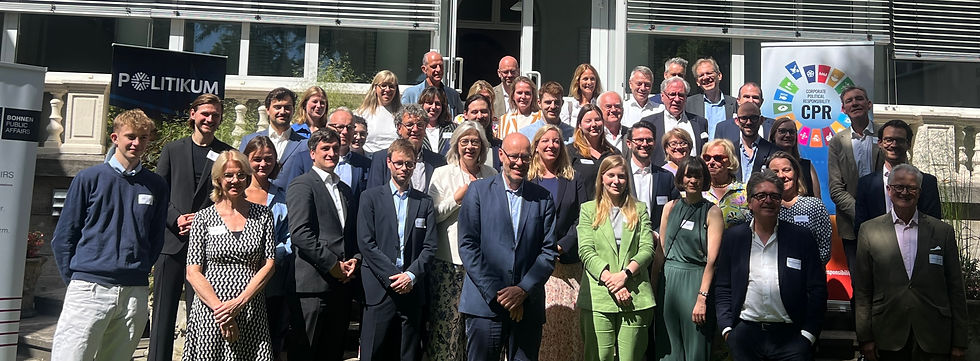Companies are trying to grapple with the fallout from the Israel-Hamas war
- bohnenpublicaffairs
- Nov 15, 2023
- 1 min read
Updated: Dec 17, 2024

The Israel-Hamas conflict has presented challenges in the realm of corporate communication. The terrorist attacks on October 7, 2023, and the resulting war have prompted CEO statements, donations, and the implementation of safety measures for employees.
Amazon's CEO, Andy Jassy, expressed shock at the “violence against civilians in Israel”, while Pfizer's CEO, Albert Bourla, said that he was left “heartbroken by the atrocities”.
Starbucks and McDonald's found themselves entangled in the public debate when Israel initiated strikes on Hamas sites in Gaza. McDonald's announced the provision of thousands of free meals to the Israel Defense Forces, leading to accusations of being complicit in “ethnic cleansing” by pro-Palestinian groups. Starbucks faced backlash after its workers union expressed solidarity with Palestine. The firm’s decision to sue the union triggered a wave of outrage in turn.

The difficulties these and other companies have found themselves in are a testament to today’s complex geopolitical environment, polarized debates and heightened expectations of the views taken by corporations. To navigate these challenges, companies should equip themselves with genuine political expertise as suggested by CPR. For one example of how a company has dealt with the fallout from the conflict in the Near East, have a look at our interview with Thomas Speckmann from Westenergie.







Comments